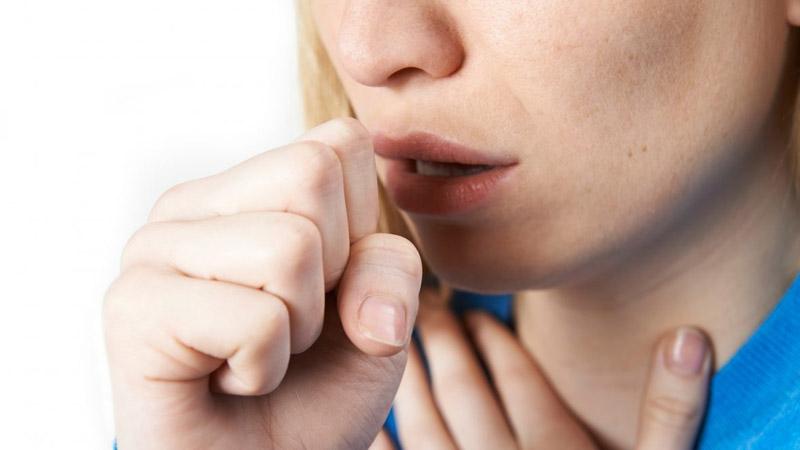The incidence of whooping cough, a highly contagious respiratory condition, is experiencing an uptick in England. Recent statistics from the UK Health Security Agency (UKHSA) indicate a significant rise, with 553 confirmed cases in just January, surpassing the total of 858 cases recorded throughout the previous year. Experts suggest that increased social interactions post-pandemic may be contributing to this surge.
In light of these developments, the UKHSA is emphasizing the critical importance of vaccination against whooping cough, particularly for expectant mothers and young children. But how does whooping cough distinguish itself from more common coughs, and what essential information should the public be aware of?
Unlike typical coughs often triggered by viral infections like the common cold, whooping cough, or pertussis, stems from a bacterial infection. Initially, it might resemble a standard cough or cold, but Dr. Kathryn Basford from Zava online medical service points out that symptoms usually intensify after a couple of weeks, told BBC.
While ordinary coughs tend to be mild and short-lived, whooping cough can persist for months, characterized by severe coughing spells that are particularly intense at night. A distinctive feature of whooping cough is a high-pitched “whoop” sound during breath intake following a coughing fit, which may also be accompanied by vomiting, a flushed face, and breathing difficulties.
The contagious nature of whooping cough sets it apart from common coughs, with the bacteria spreading through airborne droplets from coughs or sneezes of infected individuals. These droplets can be inhaled by others, or the bacteria can be transmitted via surfaces contaminated by an infected person. This highlights the importance of good hygiene practices, such as frequent handwashing and covering the mouth and nose when coughing or sneezing, to prevent the spread.
While whooping cough is often associated with children, adults are not immune to the infection. Although adults typically experience milder symptoms, the disease can be serious, particularly for unvaccinated young babies. Infants are at a higher risk of severe complications, including pneumonia and potentially life-threatening breathing issues.
Prevention is primarily through vaccination, which is part of the routine immunization schedule offered by the NHS. It includes doses for babies followed by preschool boosters, and pregnant women are advised to get vaccinated between 16 and 32 weeks of pregnancy to protect their newborns.
Treatment for whooping cough varies depending on factors like age and the stage of the infection. Early diagnosis, preferably within three weeks of symptom onset, can make antibiotics effective in preventing the spread, although they might not hasten recovery. Beyond this window, antibiotics may be less beneficial as the contagious period likely has passed. Management then focuses on alleviating symptoms through rest, hydration, and possibly pain relief medication.
For accurate diagnosis and treatment, consulting a healthcare provider is essential, and immediate medical attention is warranted for anyone displaying signs of breathing difficulties.



